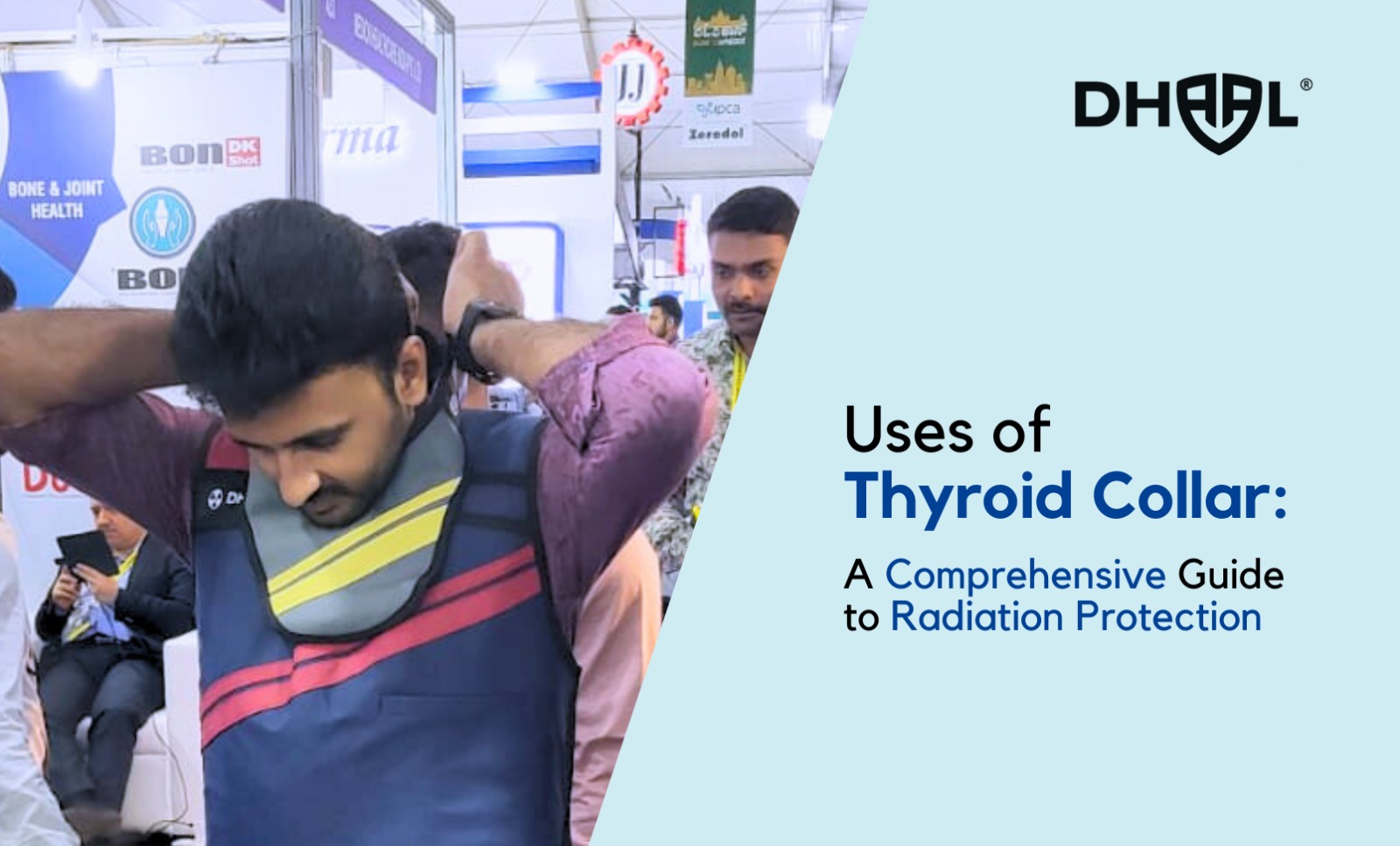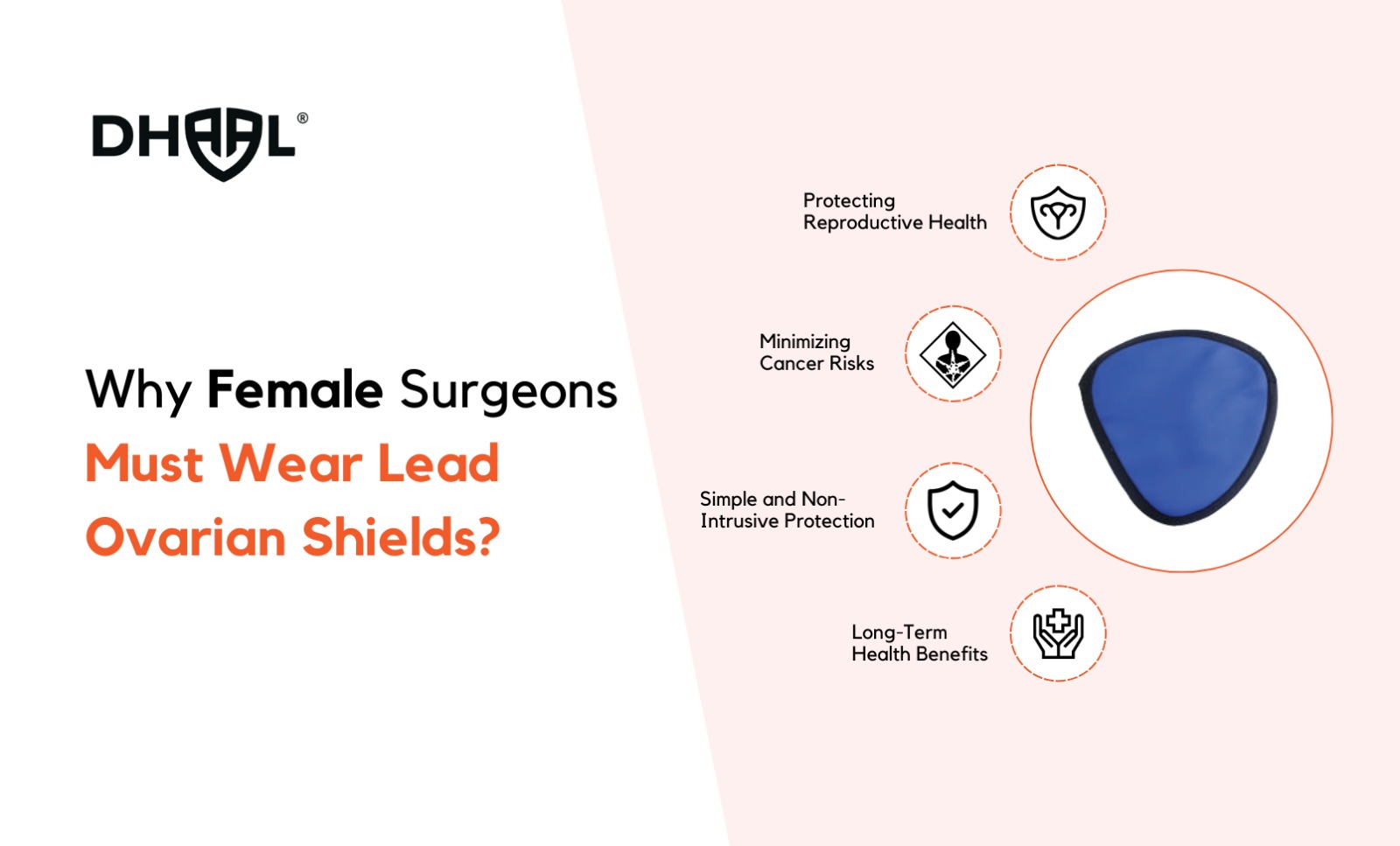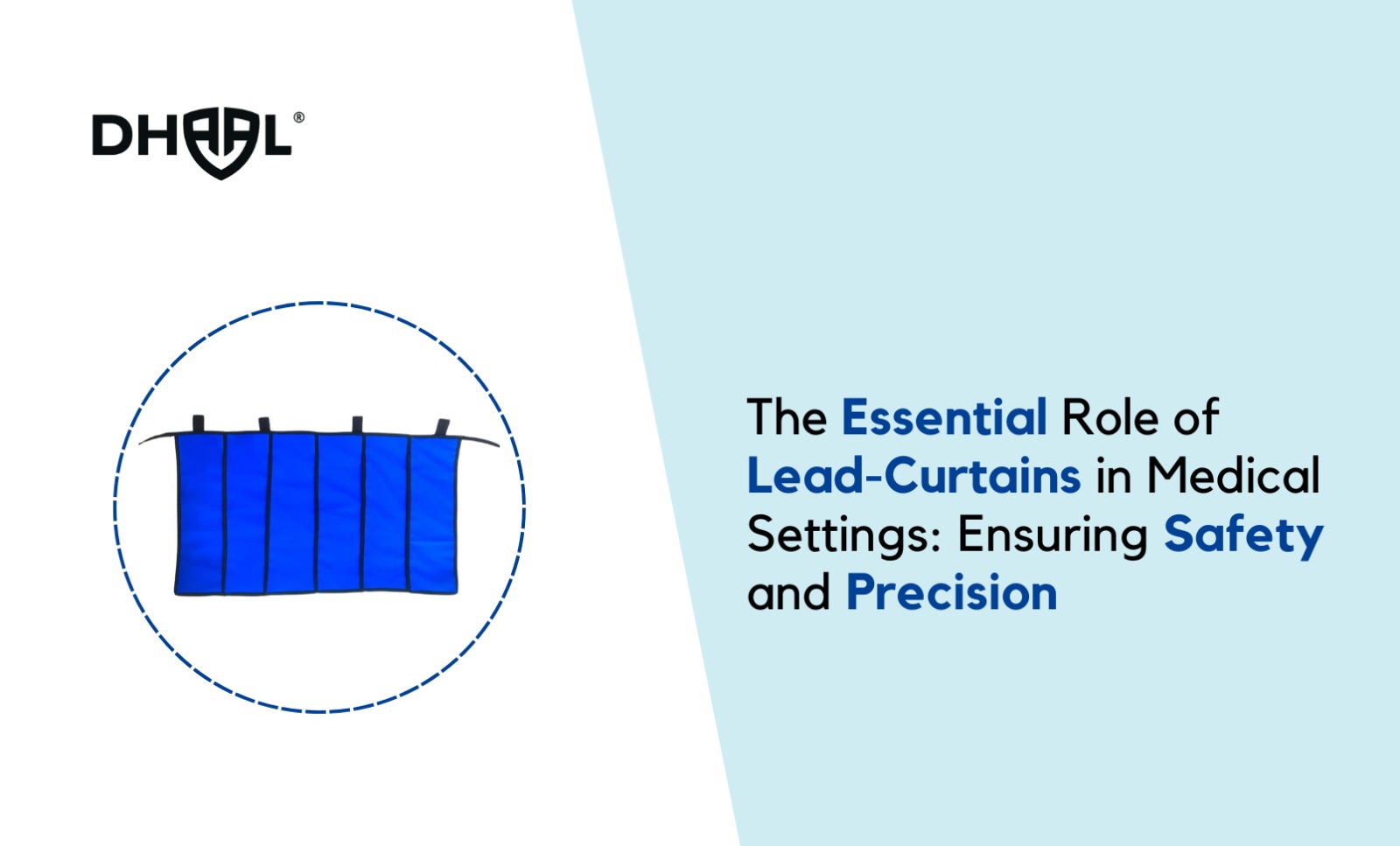
When it comes to medical imaging, radiation is a common tool used to diagnose and treat various conditions. However, prolonged or excessive exposure to radiation can be harmful, making safety precautions essential. One such precaution that plays a pivotal role in ensuring patient and healthcare worker safety is the thyroid collar. In this comprehensive guide, we will explore what a thyroid collar is, how it works, its uses, and why it’s crucial for radiation protection in medical and dental procedures.
What Is a Thyroid Collar?
A thyroid collar, also known as a thyroid shield or thyroid guard, is a protective device designed to shield the thyroid gland from radiation exposure. It is typically made of lead or lead-equivalent materials that block harmful radiation during diagnostic imaging procedures, such as X-rays, CT scans, and dental X-rays. The thyroid collar is worn around the neck, covering the thyroid gland, which is highly sensitive to radiation.
The thyroid gland is responsible for regulating several crucial bodily functions, including metabolism, growth, and energy production. Since it is particularly vulnerable to radiation, protecting it during medical imaging is vital.
Why Is the Thyroid Collar Important?
The thyroid is one of the most radiation-sensitive organs in the body. Even small doses of radiation exposure can lead to long-term health effects, including thyroid cancer. The risk is particularly high for children and young adults, as their tissues are more sensitive to radiation.
Thyroid collars are essential in minimizing the risk of radiation-induced damage by providing a protective barrier to the thyroid gland. Medical and dental professionals use thyroid collars to safeguard patients during procedures where radiation is used.
Common Uses of Thyroid Collars
- Dental X-Rays
Dental X-rays are one of the most common procedures where a thyroid collar is used. Dentists use X-rays to examine teeth, bone structure, and detect any potential issues, such as cavities or infections. Since dental X-rays involve radiation exposure, it’s crucial for patients to wear a thyroid collar to protect their thyroid from unnecessary radiation.
Dental professionals typically place the thyroid collar around the neck of the patient before performing an X-ray, ensuring that the thyroid gland is adequately shielded.
- Chest X-Rays
Chest X-rays are widely used to diagnose and monitor conditions such as pneumonia, lung cancer, and heart issues. Although the thyroid is not directly in the path of radiation during a chest X-ray, the neck area may still receive incidental exposure. To minimize the risk of radiation to the thyroid, a thyroid collar is often worn during the procedure.
- CT Scans (Computed Tomography)
CT scans provide detailed images of the body and are often used to diagnose conditions like cancer, internal injuries, and infections. During a CT scan, high doses of radiation are used, making radiation protection even more critical. Depending on the location of the scan, a thyroid collar may be recommended to protect the thyroid from incidental radiation exposure, especially in areas like the head, neck, and chest.
- Fluoroscopy and Interventional Procedures
Fluoroscopy is a medical imaging technique that uses continuous X-ray imaging to guide physicians during procedures such as catheter placement, stent insertion, and biopsies. Since fluoroscopy can involve prolonged radiation exposure, wearing a thyroid collar is essential to shield the thyroid gland during the procedure.
Similarly, during interventional radiology procedures, such as angioplasty, where radiation is used to guide medical instruments inside the body, thyroid protection is crucial.
- Mammograms
Mammograms are an essential tool in breast cancer screening. While the primary focus of radiation in a mammogram is on the breast tissue, the surrounding areas, including the thyroid, are exposed to some level of radiation. Using a thyroid collar during a mammogram helps reduce this exposure, providing additional protection to the thyroid.
Benefits of Using a Thyroid Collar
- Radiation Protection: The primary benefit of using a thyroid collar is its ability to protect the thyroid from harmful radiation during diagnostic imaging procedures. This protection is essential for minimizing the long-term risk of thyroid cancer and other health complications related to radiation exposure.
- Prevention of Thyroid Disorders: Regular exposure to radiation can potentially lead to thyroid disorders, including hypothyroidism and thyroid nodules. By using a thyroid collar, patients can help mitigate the risk of these conditions.
- Protection for Vulnerable Populations: Children and pregnant women are particularly sensitive to radiation. The use of a thyroid collar provides an additional layer of safety for these high-risk groups, as they are more susceptible to radiation-related harm.
- Reduced Risk of Cancer: One of the primary concerns with radiation exposure is its potential link to cancer. The thyroid is known to be one of the most vulnerable organs to radiation-induced cancer. A thyroid collar significantly lowers the chances of developing thyroid cancer by blocking unnecessary radiation exposure.
- Peace of Mind for Patients: Knowing that their thyroid is being protected during imaging procedures gives patients peace of mind. It shows a commitment to their health and safety, helping them feel more comfortable throughout the process.
How Effective Are Thyroid Collars?
Thyroid collars are highly effective in reducing radiation exposure to the thyroid gland. Modern thyroid collars are made of lead or lead-equivalent materials that provide excellent protection against X-rays and other forms of ionizing radiation. When properly positioned, these collars can block up to 95% of radiation directed at the neck area.
However, the effectiveness of the collar depends on several factors, such as the quality of the material, proper usage, and correct placement during the procedure. Medical professionals must ensure that the collar fits snugly and covers the thyroid region to offer optimal protection.
Conclusion: A Simple Yet Crucial Safety Measure
The thyroid collar for lead apron may seem like a small accessory, but it plays an essential role in radiation protection during medical imaging procedures. Whether you are undergoing a dental X-ray, CT scan, or mammogram, wearing a thyroid collar can significantly reduce the risk of thyroid damage from radiation exposure. With the thyroid being one of the most sensitive organs to radiation, taking precautions to protect it is an important step in ensuring overall health and safety.
If you are scheduled for a procedure involving radiation, always ask your healthcare provider or technician if a thyroid collar is being used. It’s a simple and effective way to safeguard your thyroid and reduce the potential risks associated with radiation exposure.



